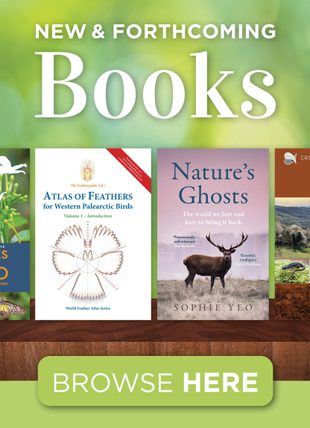Studies in Environmental Humanities
Studies in Environmental Humanities is a new research series published by Rodopi and organized by the Nordic Network for Interdisciplinary Environmental Studies (NIES). It seeks to provide space for inquiries carried out in a spirit of interdisciplinary / multidisciplinary engagement.
The past decade has witnessed a deepening crisis in the academic domain of the humanities which traverses national and cultural borders. In many ways it has turned into a crisis of identity, of values, of vision and ultimately of social and even scientific relevance. At the same time human communities worldwide have witnessed a succession of troubling developments (natural, political, scientific and socioeconomic) that have intensified an already dire collective sense of global environmental crisis often brought home most poignantly in local or regional tragedies such as the BP oil spill in the Gulf of Mexico, the 2010 Pakistan floods, or the Ajka alumina sludge spill in western Hungary, to name three notorious events of very recent memory. If we accept writer Wendell Berry's suggestion that the agricultural crisis, one of many perceived faces of ecological decline in the late 20th century, is basically a "crisis of culture", then what have our experts on culture/s to say about this situation?
What perspectives can literary scholars, historians, human geographers, architects, spatial planners, cultural studies theorists and art historians bring to the fore that may help to shed new light on the environmental turn in contemporary human consciousness? How can writers, artists and other public intellectuals of the humanistic domain contribute to a better understanding of the state of the planet, its resource base, its socio-natural systems? What value should the arts and humanities be considered to have alongside the seldom questioned informing role of science in the formulation or execution of environmental policy, in the regulation and monitoring of economic interests and social actors, or in the wider popular dissemination of new scientific understandings of environmental issues?
Studies in Environmental Humanities welcomes studies on specific themes and case studies that may help to advance knowledge across a broad disciplinary spectrum both within and beyond the humanities and which engage vital and timely environmental questions.









